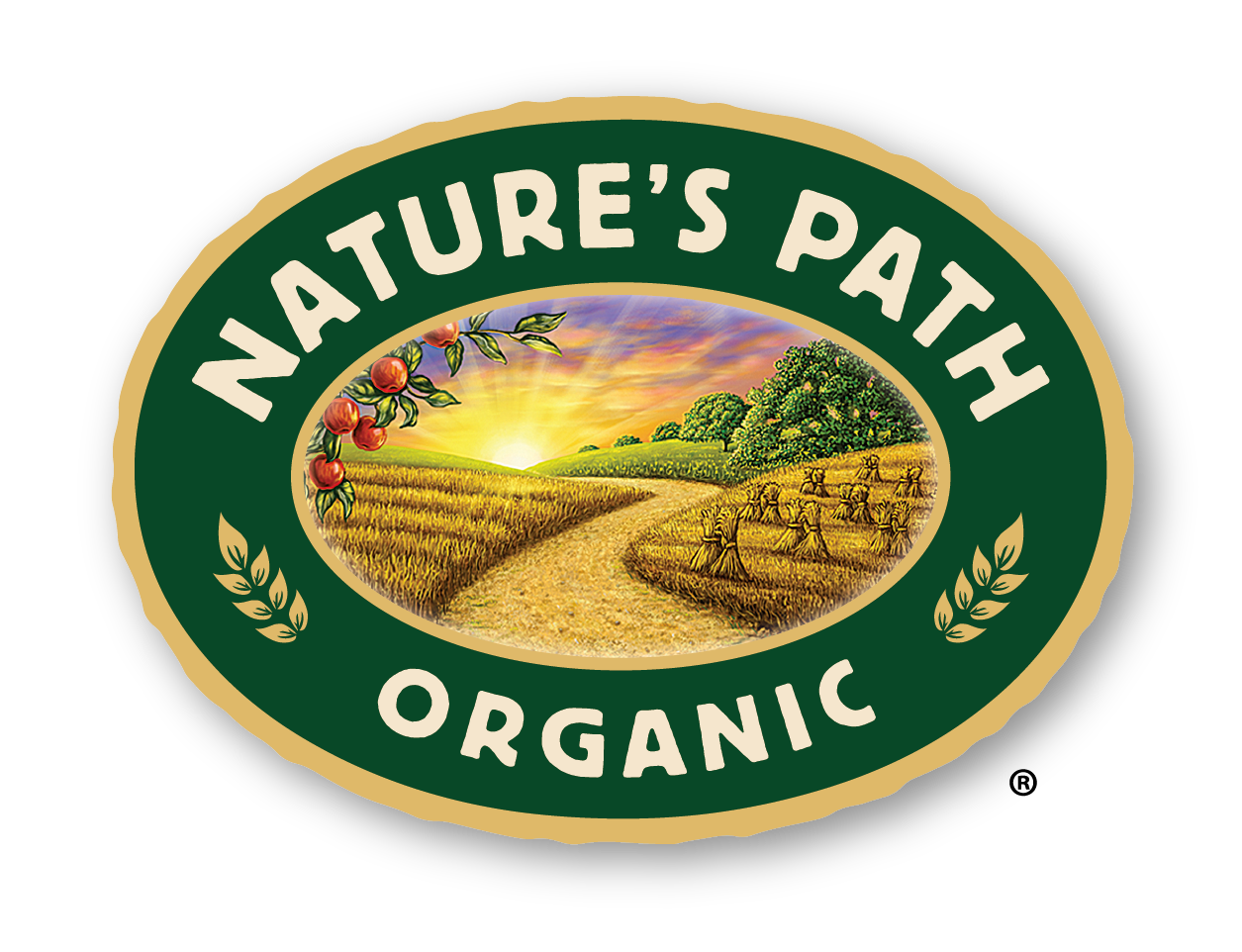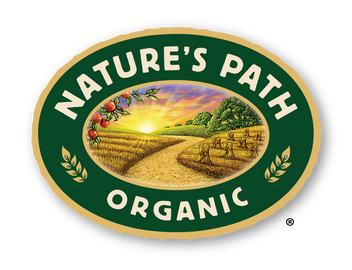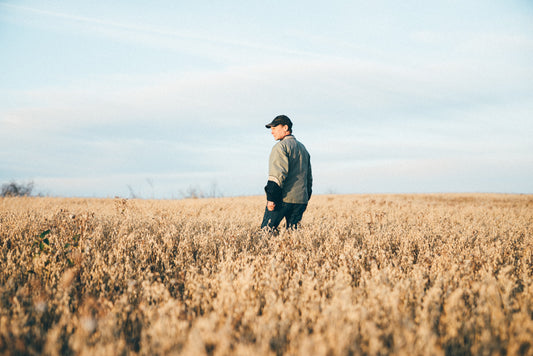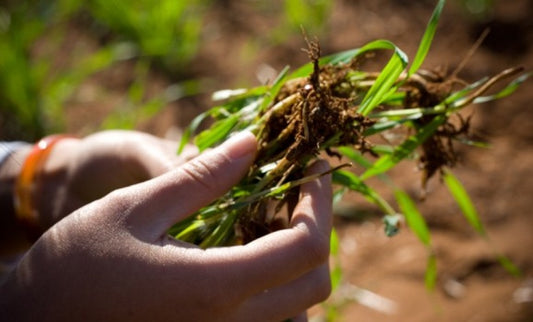Soil and Carbon
Carbon is a chemical element, and a shape-shifter because it can be liquid, solid, or gas. There is a fixed amount of carbon on the planet, but what causes concern right now is how much of it is in the atmosphere. Soil, the living layer of earth just beneath our feet, holds the third largest cache of carbon on the planet, after the ocean and rocks. In a process that takes over 100 million years, carbon cycles through the atmosphere. It goes through living things (plants and animals), fossils (rocks, oil, and coal), and water. In fact the deep ocean holds more carbon at once than any other part of the planet, and soil. When we discovered rich reserves of oil and coal underground, humans unearthed stored carbon that took millions of years to accumulate. Burning fossil fuels creates an imbalance in the carbon cycle that produces more atmospheric carbon at once than would otherwise occur. Fossil fuels can only release carbon into the atmosphere, but soil – and the vegetation that covers it – is a two-way street. Through photosynthesis, plants absorb carbon dioxide, storing it in their roots and transferring some to the soil. When they die, the process of decay releases carbon back into the atmosphere. By turning the soil and focusing on short-term annual plants, farming generally helps soil release carbon.Farming and Climate Change
Conventional wisdom tells us that fossil fuels are largely to blame for climate change. While reliance on fossil fuels has definitely tipped the scales, farming plays a vital role in releasing atmospheric carbon, too. It may also be one of the most valuable tools in turning things around. Agriculture accounts for 13.5 per cent of greenhouse gas emissions and much of that comes from the soil itself. Soil carbon release is a necessary evil of farming, which has been going on since the dawn of agriculture. But what's different now is the extent to which industrial farming releases carbon through poor soil management, depletion of soil organic matter, and by leaving soil bare. Large-scale farming also displaces plant communities that are better at capturing carbon. Those can be found in forests, wetlands, and prairies. Organic farming, on the other hand, equally focuses on soil health as it does crop yield. To create healthy soils, organic farmers incorporate a lot of compost. It turns out that’s a really good thing for climate change.The Compost Difference
Compost is the product of microbes, which are tiny creatures that digest plant and animal wastes, and turn them into a magical-like substance. Compost is an organic farmer's best friend. It's rich in nutrients, great at absorbing water, and full of good microbes that help plants resist bugs and diseases without synthetic chemicals. Compost also transforms waste before it rots. It reduces the release of the greenhouse gas, methane, which is a bi-product of decay. More and more scientists and farmers are investigating how compost stores carbon, and the findings are compelling. Industrially farmed soils are stripped of organic matter and can't hold carbon. But organic soil is full of compost and the microbes that created it are rich in carbon. Trapped underground in organic matter, carbon is more stable. If left undisturbed, it can stay there for hundreds of years. Organic farming works with this process for a different outcome: delicious, healthy food. As plants feed on nutrients in the compost, the living ecosystem of the soil grows exponentially. Healthier plants grow more roots that can support a larger microbial community. As the soil becomes a vibrant and nourishing place that produces quality food, it also gets better at storing carbon.What You Can Do
Buying organic food supports composting, and so does responsible food-waste management. One-fifth of the U.S.’s methane emissions come from food and other organic materials in landfills. If you don’t already compost your kitchen scraps and yard waste, find a way to do so. Starting a compost pile isn’t hard. But if it isn’t your thing or your city doesn’t offer a composting service, look for a private composting company. Use compost in your garden. Turn compost into your garden beds each fall or spring to condition the soil and add nutrients. Compost also makes a great fall mulch, protecting soil from winter weather and preventing weed seeds from sprouting in the spring. It also helps your soil store carbon. Treat your backyard like the carbon-capturing paradise it is. A new study found that backyards are capturing a surprising amount of carbon. Plant trees and perennials, and grow flowers and vegetables. Additionally, practice organic lawn management, and keep the compost coming.Would you like to be the first to hear about our new products and more? Sign up for our Nature’s Path Newsletter.








